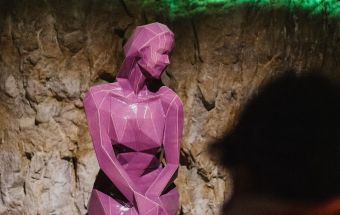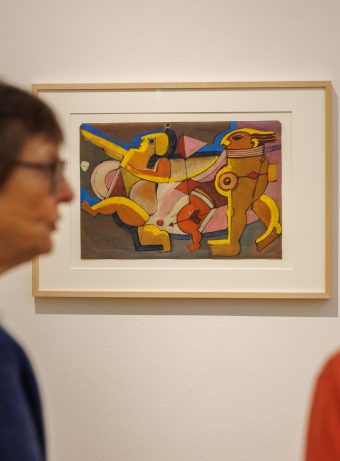The mission of a museum is to acquire, preserve and exhibit its collections so as to help safeguard the natural, cultural and scientific heritage. (…) ICOM code of ethics
The collection of historical objects as it exists today is the result of several decades of search for objects, with a view to completing the existing collections and to addressing the needs of new centres of interest and research put forward through temporary exhibitions.
The collection is diversified; it consists of categories of objects that stem from the industrial, handicraft and commercial heritage of the capital, models, plans and old engravings attesting to urban development, batches of posters, textiles, ceramics, photographs and postcards and objects used in daily life. The key element of the Lëtzebuerg City Museum’s acquisition policy is a link between the collected object and the territory of the City of Luxembourg in a historical national and European context. The objectives pursued are the preservation of the heritage and conservation of urban relics destined to disappear. The research conducted on the collections, which is an ongoing process, enables us to present unknown aspects of the city’s history to the public.
"Bréng däin Déngen"
If you wish to make one or more objects available to the Lëtzebuerg City Museum, please contact us using the following form.

International Women's Day at the Lëtzebuerg City Museum
International Women's Day at the Lëtzebuerg City Museum
To mark International Women's Day on 8 March, the Lëtzebuerg City Museum is dedicating two weeks to themed tours highlighting the important role of women in history. By…















